A mother’s body demands significant care after welcoming a new baby into the world. Nutrition plays a vital role in healing, whether recovering from childbirth or navigating the early days of breastfeeding. It supports milk production and helps maintain energy.
For new moms, the term superfood isn’t about trendy powders or exotic imports; it’s about minerals, fibers, nutrient-dense, whole foods that deliver proper vitamins and proteins essential for long-term wellbeing and recovery. From replenishing iron lost during delivery to stabilizing mood and boosting immune health, choosing the right diet can make postpartum life healthier and simpler for both mom and baby.
Why Nutrition Matters After Birth?

Your body is healing from the immense physical demands of pregnancy and childbirth in the first few weeks following delivery. Hormonal fluctuations can cause mood swings, blood loss during delivery can deplete iron stores, and sleep deprivation can sap energy. And breastfeeding can cause extra loss of calories and nutrients daily through milk production, which is above 500 calories.
A poor diet at this stage can contribute to mood swings, postpartum fatigue, low milk supply, and a slower recovery process. On the other hand, choosing the right meal can help:
- Prevent anemia and rebuild iron stores
- Regulate mood and reduce the risk of postpartum depression
- Support wound healing and repair tissue (especially after C-section or perineal tears)
- Boost immunity to reduce the risk of postpartum infections
- Support healthy milk production
Research from the Journal of Nutrition notes that nutrients, particularly iron, calcium, vitamin D, and omega-3 fatty acids, deficiencies are common in postpartum women and can cause a delay in physical recovery and seriously affect cognitive function.
Also check out: Cloth vs. Disposable Diapers: What Should You Choose?
Postpartum Superfoods: The Nutritional Powerhouses

1. Oats: Energy and Milk Supply Booster
Oats are full of iron, which is crucial for replenishing post-partum blood stores. They also store complex carbohydrates needed for steady energy. Oats contain an abundant amount of beta-glucan, a fiber linked to increased prolactin level (a hormone essential for milk production).
Try: overnight oats with chia seeds, berries, and nuts for a balanced breakfast.
2. Salmon: Brain and Mood Support
Salmon is one of the best sources of DHA (docosahexaenoic acid), an omega-3 fatty acid critical for a mother’s mood stability and baby’s brain development. Also, some research shows that adequate intake of DHA can significantly reduce the risk of postpartum depression.
Try: Baked salmon with herbs and lemon twice a week.
3. Eggs: All-in-One Nutrient Source
Eggs are a natural and perfect protein source, providing choline, which is a nutrient essential for brain health in both mother and infant. Choline needs spike during breastfeeding, and egg is the perfect source of choline.
Try: scrambled eggs with spinach as breakfast or hard-boiled eggs as snacks.
4. Leafy Greens: Recovery and Immunity
Kale, spinach, and Swiss chard are loaded with iron, folate, vitamin K, and antioxidants. Vitamin K aids blood clotting, while folates support cell growth and DNA repair. So, both are essential for postpartum healing.
Try: Sauteed kale added to stews and soups, or spinach with garlic.
5. Lentils and Beans: Plant-Based Protein and Iron
For vegetarian moms, chickpeas, lentils, and black beans provide plant-based protein, iron, and fiber. They also assist in regulating blood pressure and preventing energy crashes.
Try: Lentil soup with ginger and turmeric for an anti-inflammatory boost.
6. Greek Yogurt: Calcium and Probiotics
Greek yogurt delivers high-quality protein, essential for tissue repair, along with calcium to support bone and teeth strengthening. It can also influence immunity and digestion for breastfeeding mothers by providing probiotic that supports gut health.
Try: A parfait with honey, yogurt, and flaxseeds.
7. Nuts and Seeds: Healthy Fats for Hormonal Balance
Flaxseeds, almonds, cashews, almonds, and chia seeds are packed with omega-3s, proteins, and minerals like magnesium. They help regulate hormones and may improve milk quality.
Try: sprinkle flaxseeds or chia seeds into oatmeal or smoothies.
8. Sweet Potatoes: Vitamin A Powerhouse
Vitamin A is vital for vision and immune function, and breastfeeding women need nearly double than the regular amount of it. Sweet potatoes provide it in an easily digestible form, along with slow-release carbohydrates required for energy boosting.
Try: Mashed sweet potato with cinnamon.
9. Avocado: Healthy Fat for Satiety
Avocados are rich in potassium, monounsaturated fatty acids, and folate. They keep moms full, energetic, and support brain health.
Try: Avocado toast with whole-grain bread sprinkled with hemp seeds.
10. Berries: Antioxidants and Fiber
Raspberries, blueberries, and strawberries are antioxidant-rich, protecting cells from oxidative stress, which can increase postpartum stress due to stress and inflammation.
Try: Fresh berries with Greek yogurt or blend them into smoothies.
Hydration: the Overlooked Superfood
Water might not seem glamorous, but it is very important for milk production and recovery. If you are breastfeeding, you need about 3 liters of fluid daily. Herbal teas like fennel or fenugreek can support lactation.
Cultural Wisdom Meets Modern Science

Many cultures have traditional postpartum superfoods like fenugreek-rich dishes in South Asia, herbal teas in Latin America, or bone broth in East Asia. These often align with nutritional sciences of modern times, offering healing, lactation-supportive, and anti-inflammatory benefits.
Research shows that foods that are culturally familiar can improve adherence to emotional comfort and healthy eating during postpartum recovery.
Read about: Welcome To The World! What Essentials Should You Have When The Baby Arrives?
The Role of Balanced Meals in Recovery
Individual foods are beneficial, but their power doubles when they are a part of balanced meals. Pairing proteins with healthy fats and complex carbs keeps energy steady, stabilizes blood sugar, and supports overall health.
Some examples of balanced postpartum meals are:
- Protein: Grilled salmon
- Fat: olive oil drizzle
- Carbs: roasted sweet potatoes
Foods to Avoid in the Postpartum Period:

While there is no strict list of forbidden foods, new moms may want to limit:
- Excess caffeine, which can pass into breast milk
- Highly processed foods are high in unhealthy fats and sugar
- Alcohol affects both milk safety and recovery
How to Make Superfoods Part of a Daily Routine
- Snack smart: keep nuts, fruits, and yogurt in easy reach.
- Batch cooking: prepare large portions of stews, oat bars, and soups for quick meals.
- Support system: ask your partner, family, and friends to help prepare meals during the first few weeks.
- Hydration reminders: Use a water bottle with track intake or time markers.
Know about: Get Ready for Baby: Healthy Tips for Couples
Conclusive Thoughts:
Postpartum recovery is a journey, and food is one of your strongest allies along the way. By incorporating superfoods like salmon, oats, leafy greens, yogurt, eggs, and berries into your daily meals, you can accelerate healing, boost your mood, and give your baby the best nutritional start.
While no single food is a magic bullet, building a balanced, nutrient-rich diet can make a significant difference in your physical recovery, emotional health, and breastfeeding success. As always, consult with your healthcare provider or a registered dietitian before making significant dietary changes, especially if you have allergies, chronic conditions, or specific postpartum complications.
Frequently Asked Questions:
1. How soon after giving birth should I start focusing on my diet?
You can start eating nutrient-rich food as soon as you feel ready after delivery. If you had a C-section, starting with easily digestible meals before progressing to fiber-rich meals can be essential for better recovery.
2. Do I need to take supplements if I’m eating superfoods?
Super foods may provide many nutrients, but some mothers may still require supplements. Vitamin D, omega-3s, or iron are the main requirements that depend on the mother’s diet and blood work. Always consult with your doctor before adding or excluding any supplements from your diet.
3. Are there any foods I should avoid while breastfeeding?
Most mothers enjoy a varied diet even in the postpartum period. But some babies may react to certain foods like spicy, dairy, or soy meals through breast milk. Watch for signs like rashes, fussiness, or digestive discomfort in your baby, and consult a pediatrician if needed.
4. How can I eat healthy with no time to cook?
Freezer-friendly recipes, batch cooking, and ready-to-eat snacks like nuts, boiled eggs, Greek yogurt, and pre-cut vegetables can help. Keep healthy food within easy reach to utilize during busy postpartum days.
5. Do I need to count calories during breastfeeding?
Unless prescribed by a healthcare provider, calorie counting isn’t necessary. Instead, focus on listening to your hunger cues and nutrient quality. Breastfeeding may increase the calorie needs by around 400-500 calories per day.


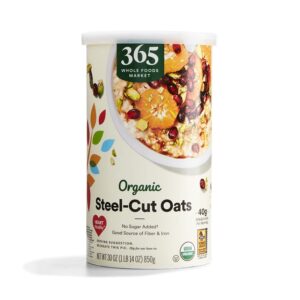
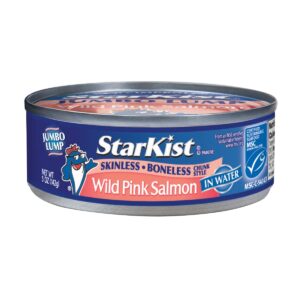
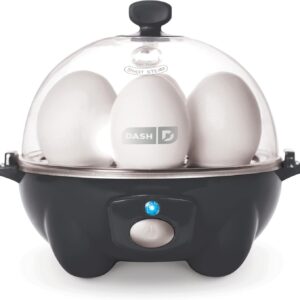
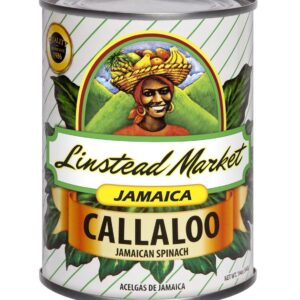
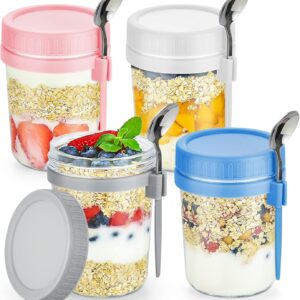

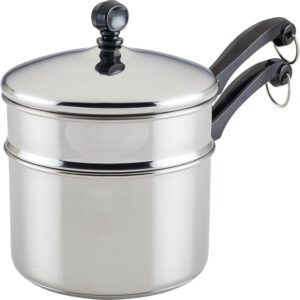
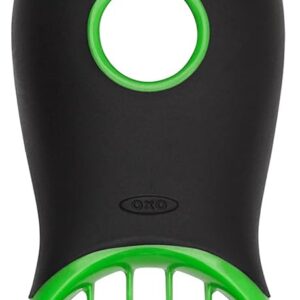
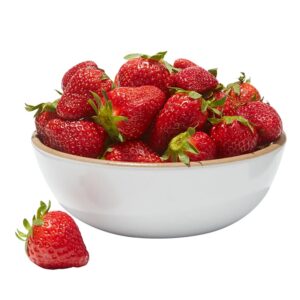
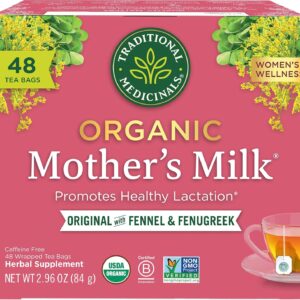
Add Comment